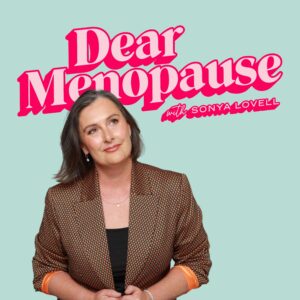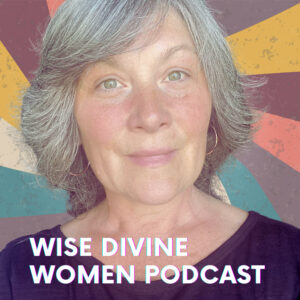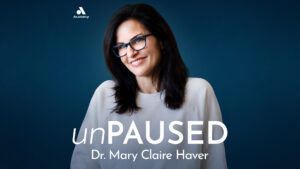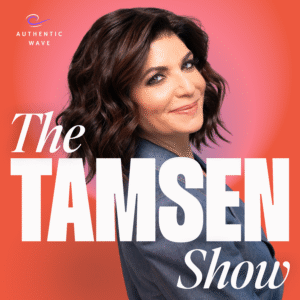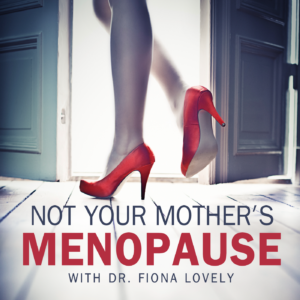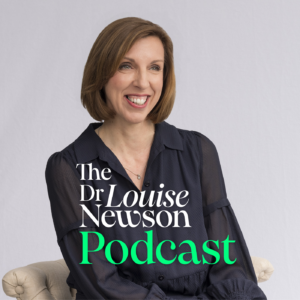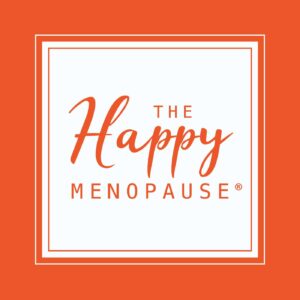About
When Professor Odette Best, Pro Vice-Chancellor (First Nations Strategy) at UniSQ discovered she was experiencing perimenopausal symptoms, she turned to her healthcare provider for answers, only to find a glaring absence of research, resources, and support specifically designed for Aboriginal and Torres Strait Islander women.
"The last lot of research that we did or was done in Australia was about 12 years ago, and it was done by a group of non-Indigenous women and there were 10 women that they interviewed. That's it. That's the only body of research that has been done in the country around the menopausal or perimenopausal experiences of Indigenous women," she reveals in this eye-opening conversation.
Professor Best, who has worked in women's health for 35 years, doesn't just identify the problem - she's actively working toward solutions. After appearing at the "So Hot Right Now" event at the Sydney Opera House, she assembled a team of 32 mostly Indigenous women researchers from 13 universities to study the unique experiences of Aboriginal women traversing menopause.
The challenges are significant: funding bodies that create competition rather than collaboration, healthcare providers with minimal training on menopause and diagnostic tools that fail to incorporate cultural considerations..
During our conversation we examine how proper healthcare requires cultural understanding, appropriate funding, and research led by Indigenous women for Indigenous women.
Are we ready to acknowledge these gaps and take meaningful action to address them?
Links:
Thank you for listening to my show!
Join the conversation on Instagram
